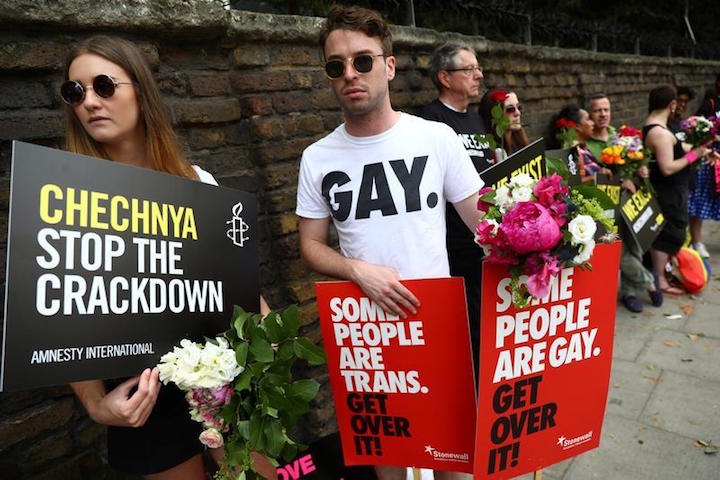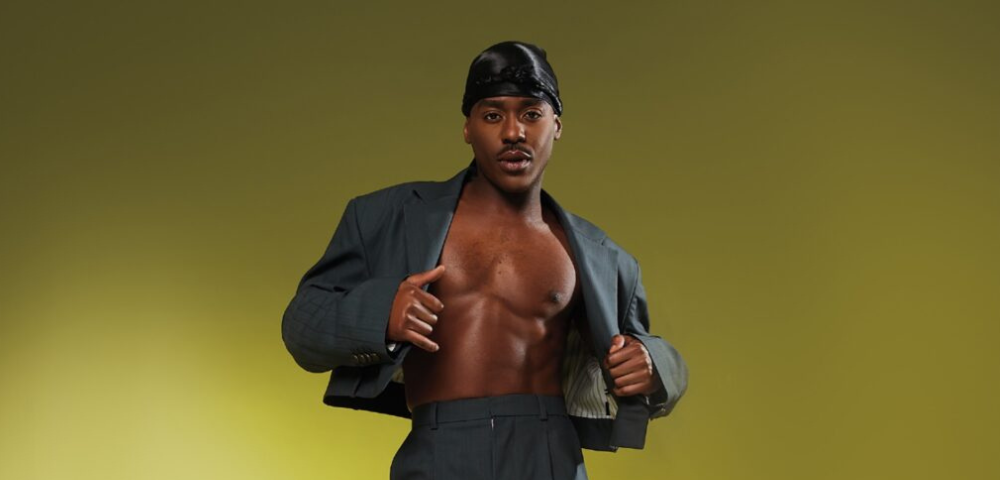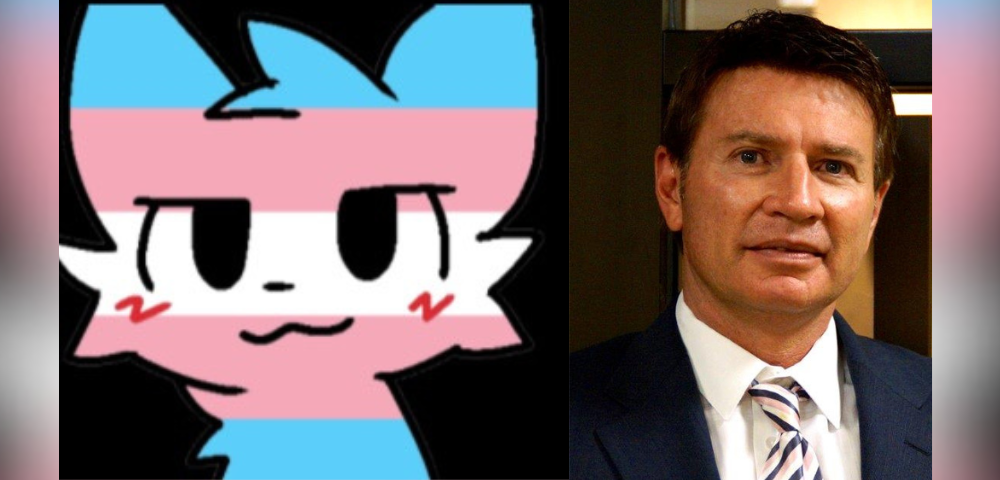
Council of Europe tackles Chechnya on gay torture, murders

The Council of Europe has tackled Chechen officials over the detention, torture and murder of gay people in the Russian republic.
Frank Schwabe, a member of the Council of Europe’s Parliamentary Assembly, raised the issue with officials in Moscow and the Chechen capital of Grozny, AFP reported.
“There are very serious reports about violations against women, against LGBT people and about illegal detentions” in Chechnya, Schwabe told AFP.
“We cannot accept it,” he said.
A scheduled meeting with Chechen strongman Ramzan Kadyrov yesterday (Saturday, 21 September) did not go ahead. But the meeting Schwabe did have was nevertheless “an important sign of the renewal of dialogue,” he said.
Schwabe’s meeting follows several years of reports about gay men being detained, tortured and even murdered in Chechnya.
LGBT rights groups in the region have reported an increase in such actions since December 2018, when a new wave of purges reportedly began.
In the days before Schwabe’s visit, Kadyrov was defiant.
“Here, men marry women and women marry men. It was like this for thousands of years and that is how it will always be, whatever the West tells us,” the Kremlin-backed warlord wrote in an online post on Telegram.
Kadyrov has previously claimed that there is no LGBT community in Chechnya, so there are no LGBT people to persecute.
Schwabe said he “did not have the impression” that Russia’s government was doing enough to address human rights violations in Chechnya.
“Moscow signed the European convention of human rights, it [has] the obligation to follow the rules in their entire country,” said Schwabe.
Chechnya is not a sovereign country but rather, a republic within the Russian federation.
The Council of Europe, which is sometimes confused with the European Union, is distinct from the latter.
Founded in 1949, its stated aim is to uphold human rights, democracy and the rule of law in Europe.
An official United Nations Observer, the Council of Europe has 47 member states, including Russia, which became a member in February 1996.
It is unclear how many LGBT people have been detained, tortured and murdered since Chechnya’s anti-gay purges reportedly began in February 2017.
On 1 April, 2017, Russian-language newspaper Novanya Gazeta reported that at least three gay men had been killed and over 100 detained since February that year.
In January this year, the Russian LGBT Network said a new LGBT purge had started in late December and had at that point already resulted in two extrajudicial killings and the detention of 40 people.









